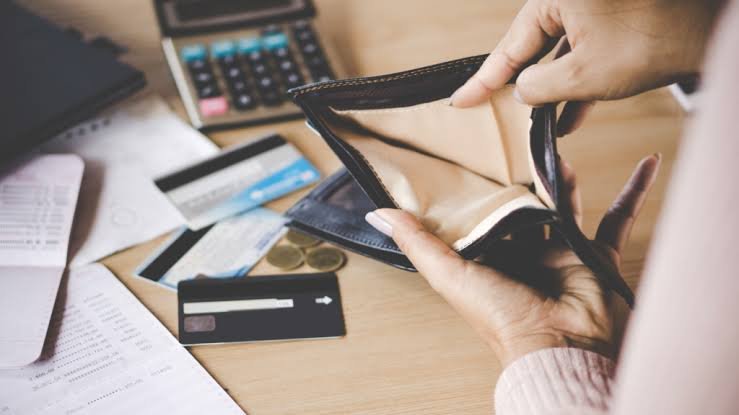One of the effective ways to curb irresponsible spending habits is avoiding impulse purchases. Impulse purchases are those spur-of-the-moment purchases that are not planned for and are often made without much thought.
These purchases can add up quickly and contribute to overspending. To avoid impulse purchases, take a moment before making a purchase to consider if it's something you really need or if it's something that you just want. If you're not sure, give yourself some time to think about it before making the purchase.
One effective way to avoid impulse purchases is to make a shopping list before heading to the store or browsing online. Stick to the list and avoid browsing other items that catch your eye. Additionally, when shopping online, avoid storing your payment information on websites, as it can make purchasing items too easy and tempting. By being more mindful of your purchases, you can avoid impulse buying and stay within your budget.
Another effective strategy to avoid impulse purchases is to set a spending limit for yourself. If you're going out shopping, bring only the amount of cash you're willing to spend and leave your credit and debit cards at home. This will limit the amount of money you can spend and force you to stick to your budget. Another way to avoid impulse purchases is to wait 24 hours before making any non-essential purchase. If you see something you like, give yourself a day to think it over. This can help you make a more informed decision and prevent you from making purchases you may regret later.
It's also important to be aware of the triggers that can cause you to make impulse purchases. These triggers can include sales, promotions, and emotional states like stress or boredom. If you know that a particular trigger causes you to overspend, take steps to avoid it. For example, if you tend to overspend during sales, unsubscribe from promotional emails and avoid stores during sales periods. If you tend to overspend when you're stressed or bored, find healthier ways to cope with these emotions, such as exercising, meditating, or spending time with friends and family.
By taking the time to plan your purchases, setting a spending limit, and being aware of your triggers, you can avoid impulse purchases and stick to your budget. Remember, changing your spending habits takes time and effort, but with a little discipline and commitment, you can take control of your finances and avoid irresponsible spending.

lol, this is nice, but someone like me that has been so disciplined with spending, sometimes i try some impulse buying to spoil myself